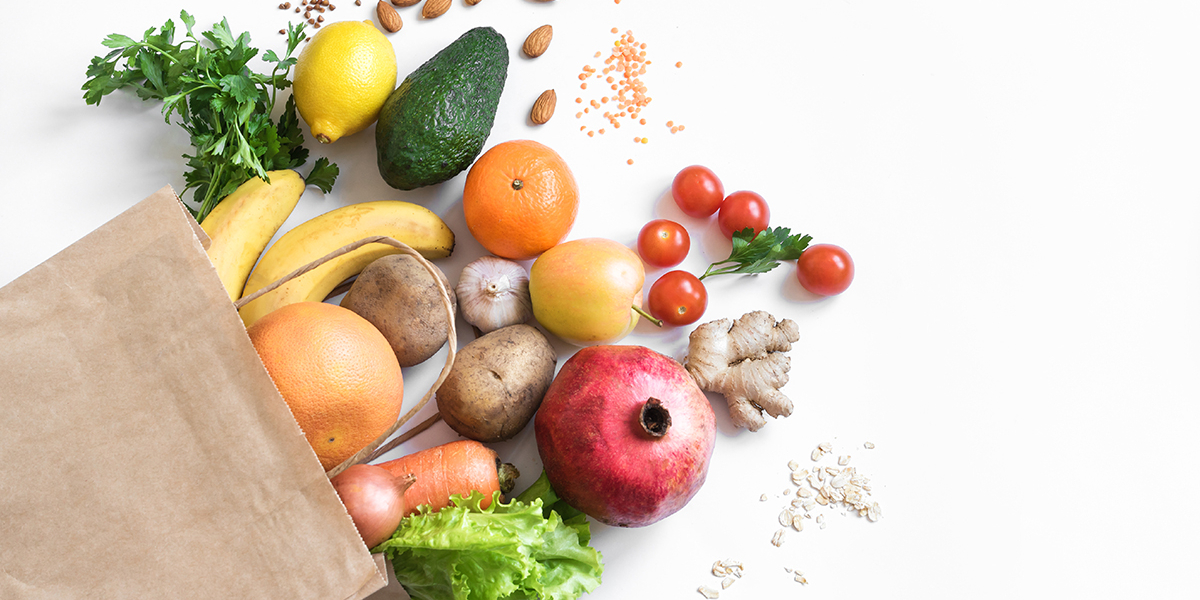We are engaging Canadians to scout out exciting initiatives that are implementing sustainable and circular solutions for agriculture and food to build a more resilient agri-food system in Canada. Read on and get in touch to help track and accelerate the transition to a more circular economy!
Canada’s agri-food industry—which includes all the enterprises that produce, sell, and deliver food—is one of the country’s most important economic sectors. At the same time, the value of food—from farm to fork—lost or wasted every year in Canada is estimated to be worth $49 billion.
Much of this issue can be addressed by rethinking our conventional agriculture and food practices in ways that help to regenerate our natural resources and reduce food loss and waste, or where this is not possible, create new value from it. This line of thinking—also known as the circular economy model —is gaining traction across the globe as a way of building a more sustainable economy.
If you are working on, or know of an exciting initiative that is implementing such circular solutions we’d love to hear more about this work and how it’s:
- Seizing new economic opportunities
- Building local economies and social connections
- Building food system security and resiliency
- Eliminating food waste in food processing and manufacturing
- Influencing behaviour/culture shift and motivating action to drive circular food system transformation
We would like to hear from communities large and small, urban and rural, and from coast to coast to coast who are engaging in activities across the food supply chain. We’re especially hoping to uncover efforts underway in rural, coastal and Indigenous communities.
This research is funded by the National Zero Waste Council, the City of Guelph’s Our Food Future and NGen: Canada’s Advanced Manufacturing Supercluster, and conducted by Smart Prosperity Institute. The examples will inform the Circular Economy Solutions Series- Circular Food Systems Track in partnership with Circular Economy Leadership Canada, a collaborative national initiative exploring how we can design our agricultural supply chain and food systems with circularity in mind to enhance productivity, spur innovation, eliminate waste, reduce GHG emissions, and restore damaged soil and ecosystems. These examples of solutions and best practices from every corner of Canada will support future engagement with a broad set of stakeholders across the entire value chain and agri-food ecosystem in Canada, resulting in an accelerated transition to a circular food system through coordinated and collective action.
Do you know a solution that’s contributing to a more circular, sustainable, and resilient agri-food system? Be a part of this critical transition: get in touch by filling out this short form.



